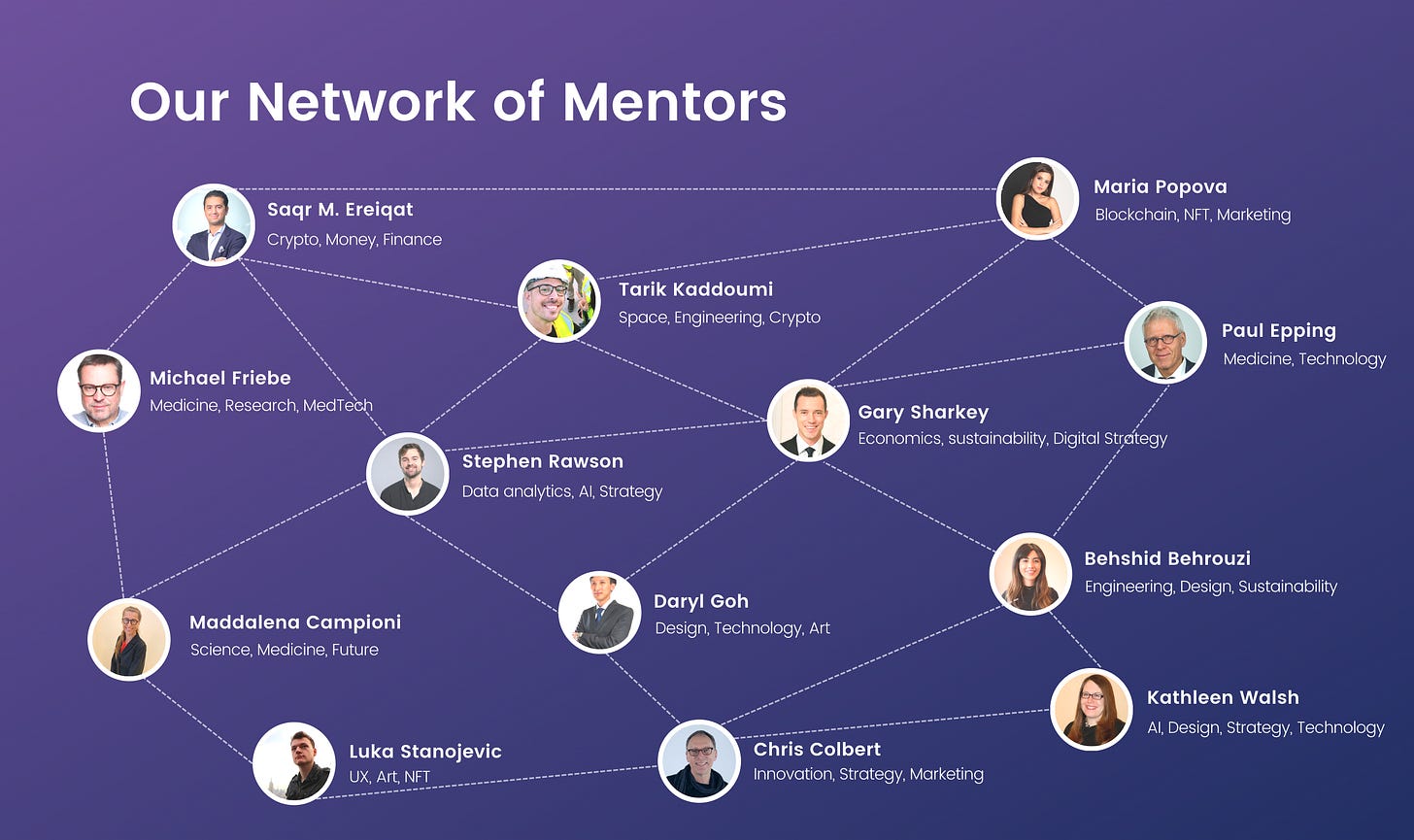The world is facing a big problem
Burnout among educators is reaching alarming levels. A recent survey by the National Education Association found that 90% of educators identify burnout as a major concern. Even more telling is the revelation that over half of those surveyed are contemplating an early exit from the profession.
One underlying issue is the rigid schedule many educators adhere to, leaving them little flexibility for personal time or pursuing further education. Coupled with this is the harsh reality of underpayment. Despite their monumental role in shaping young minds, many educators find their compensation doesn't reflect the hours and effort they invest. Overworking without adequate pay and recognition is a widespread challenge, eroding the enthusiasm of even the most dedicated.
The perception of the profession plays a role in the shortage as well. For many young minds today, teaching isn't on the pedestal it once was. The allure of more lucrative or tech-driven professions often overshadows the noble calling of education. Beyond societal views, there's also the pressing matter of technological evolution. With the rapid advancements in technology, especially tools like Artificial Intelligence, the traditional role of a teacher is shifting.
The Evolving Role of Educators
The traditional image of an educator standing at the front of a classroom, lecturing to rows of learners, is no longer relevant.
Today's educators need to shift towards facilitating personalized learning experiences and coaching learners on their learning journeys. Traditionally, the role of a teacher encompasses many responsibilities, from instructional and slide design to grading, facilitating lessons, and evaluations. It was a one-size-fits-all approach.
But imagine a world where we dissect the role of the educator into specialized positions: learning designers who craft the curriculum, learning facilitators who guide real-time classroom interactions, mentors who offer personalized support, and learning administrators managing the logistical elements of education.
This is how we’ve reimagined the role of the educator at School of Humanity and we’ve found that such a change would revolutionize the structure of a school, fostering a dynamic team collaborating in harmony, each playing to their strengths, to create an optimal learning environment.
💡 Schools should consider recruiting not just educators who spend time in a classroom, but also instructional designers who can focus on ensuring that workshops and learning journeys are aligned with best practices in curriculum design. These learning designers collaborate with educators to ensure the highest quality of learning experience for learners.
Preparing for New Pedagogical Approaches
The need to reimagine how we teach and learn is coupled with the need to upskill our educators with cutting-edge pedagogical practices. These include:
Challenge-based learning, where learners are immersed in real-world problems, pushes them to devise practical solutions while deepening their understanding of theoretical concepts.
Mastery-based learning ensures that no learner is left behind, emphasizing thorough comprehension of a topic before moving forward, allowing each individual to progress at their own pace and ensuring solid foundational knowledge.
Inquiry-based learning taps into learners' natural curiosity, driving them to ask questions, seek answers, and explore topics in-depth, fostering a love for discovery.
Project-based learning emphasizes hands-on experiences, allowing learners to take on projects that cater to real-world applications, enhancing both their knowledge and practical skills.
Moreover, it's becoming increasingly essential for educators to embrace an interdisciplinary approach to teaching. By doing so, they can connect the dots between various disciplines, fostering a holistic understanding in learners that mirrors the interconnected nature of our world. This approach not only deepens comprehension but also prepares learners to think critically and creatively in any scenario they might face in the future.
💡 Consider moving beyond traditional teacher training, to also include professional development on pedagogies that enable hands-on learning, such as project-based or challenge-based learning.
Integrating industry experience
We need to view teaching not just as a starting point in one's career but also as a valuable endeavor for its twilight years.
People with years of industry experience can bring invaluable insights, knowledge, and practical skills into the classroom. Inviting these seasoned professionals to serve as educators and mentors can bridge the gap between theory and real-world application. While higher education has somewhat embraced this industry-academia collaboration, high schools have been slower on the uptake.
A glimpse into some of the industry mentors who have worked with us at School of Humanity
But the need is pressing. In today's rapidly changing world, the emphasis is shifting from mere knowledge retention to the ability to apply transferable skills across various contexts. Who better to impart these skills than those who've been in the trenches, navigating the challenges and complexities of the professional world?
💡 Integrate an hour week of mentorship in the school schedule, where industry mentors from the parent community guide and support learners who are interested in similar career paths.
Join us to continue the conversation
Being a teacher is so much more than just a job; it's shaping the future. Every lesson delivered, every question answered, and every challenge overcome plays a part in sculpting the leaders, thinkers, and creators of tomorrow.
This is why, in our next edition of the Reinventing Education series, we will get together virtually to examine the evolution of the most important professions in society, and discuss how we can empower the educators of today and tomorrow.
Register below to participate.










"Today's educators need to shift towards facilitating personalized learning experiences and coaching learners on their learning journeys." Absolutely! Professor Alison King also captured this shift in her seminal 1993 paper, 'From Sage on the Stage to Guide on the Side.' She highlighted techniques like analogical thinking, developing rebuttals, and think-pair-share to empower teachers as facilitators of personalized learning. It's impressive that you're applying these principles at SOH. Thank you for another insightful article.